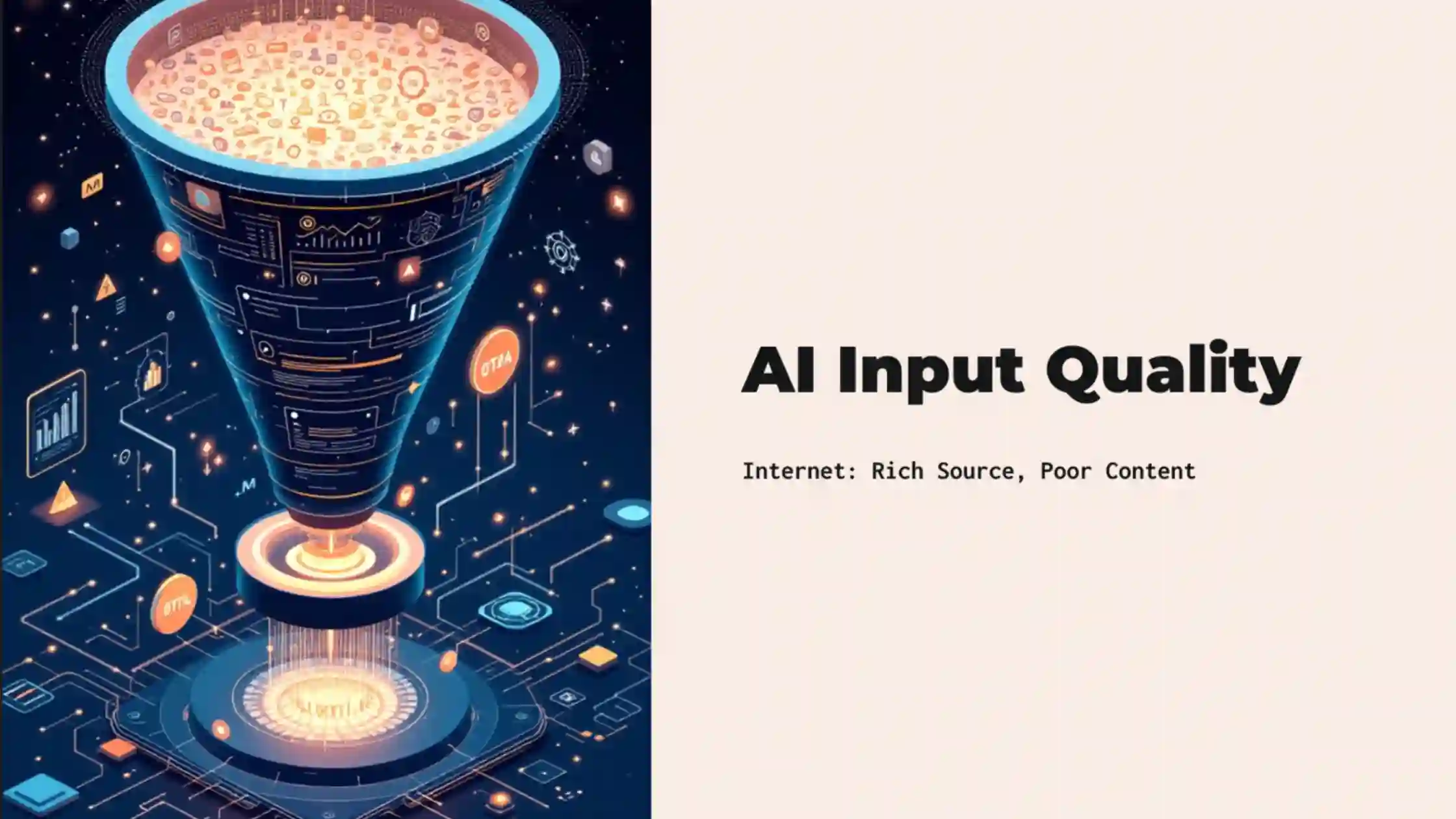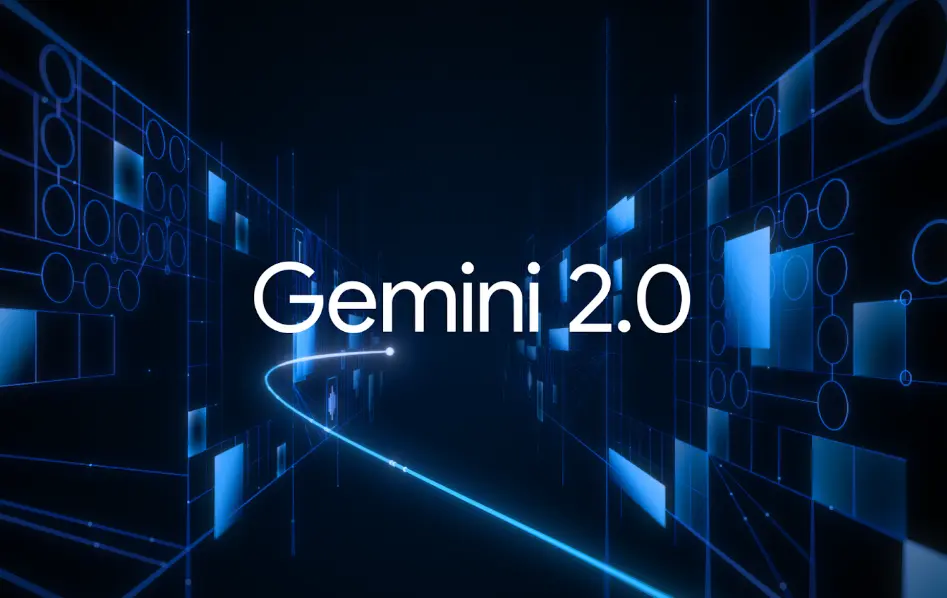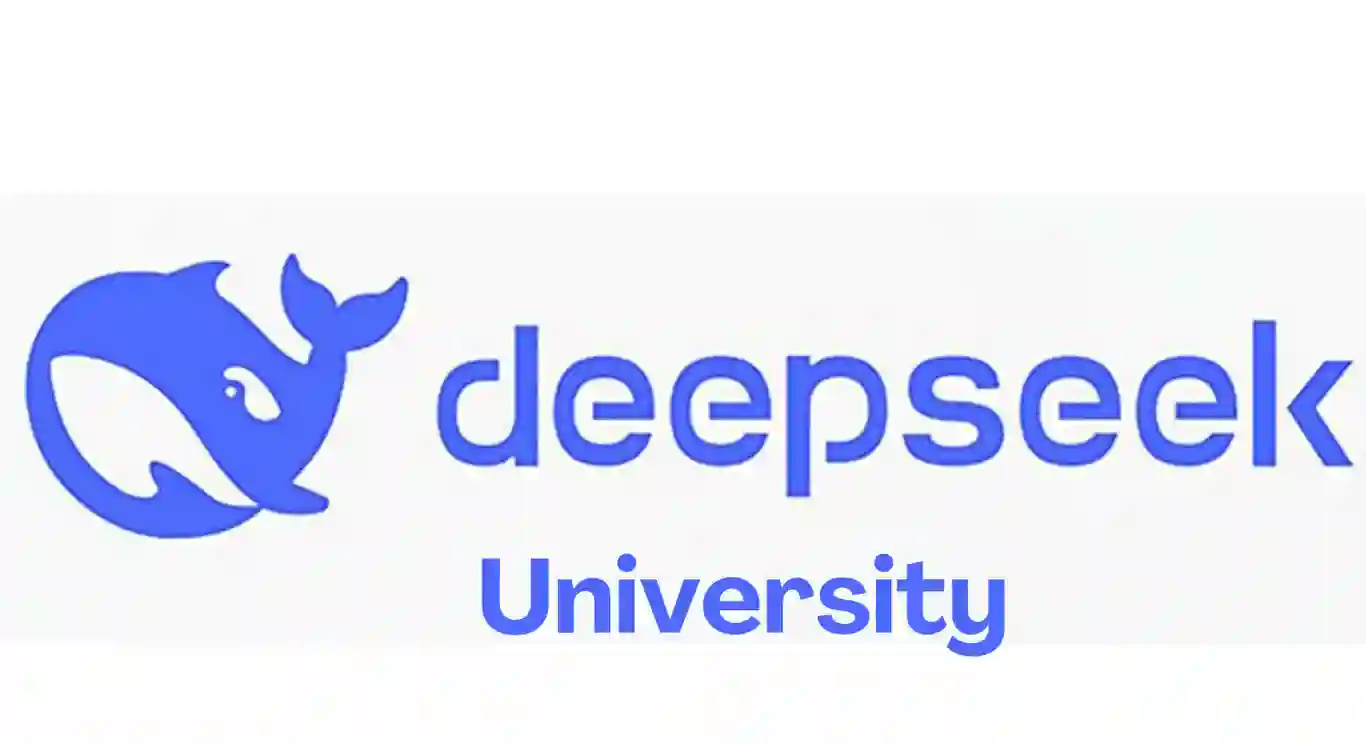Improve AI Content
The quality of inputs is crucial for improving AI results. Using tools like Semantic Scholar and NotebookLM ensures more reliable and detailed content.

When discussing AI-generated content, it is essential to consider the quality of the inputs. Often, the focus is on prompts and advanced models, overlooking that the true limit of results from chatbots like ChatGPT, Claude, or Gemini lies in the quality of the initial information. The internet offers a vast array of data, but alongside valuable content, there is a lot of superficial and inaccurate information. Relying solely on tools like ChatGPT means mediating the quality of results with the general level of available information online. This leads to generic or incomplete responses.
To improve the quality of AI-generated results, it is important to adopt a method that centers on input quality. Accurate and reliable inputs lead to better outcomes. An effective approach involves using specialized tools like Semantic Scholar or Elicit. These free tools allow quick access to validated scientific articles and academic studies. By choosing authoritative sources, a solid foundation for content is created.
After identifying relevant articles, it is useful to upload them to platforms like NotebookLM. This tool allows for the extraction of key information and its organization in a logical manner. Specific questions can be asked to obtain targeted answers. Subsequently, ChatGPT, Claude, or Gemini can be used to transform the information into practical outlines, summaries, and original content. The initial quality of inputs amplifies the creative and analytical capabilities of the chatbot, leading to detailed and reliable results.
Finally, it is important to note that ChatGPT offers advanced modes like Deep Research Mode, useful for quick investigations but with less control over input quality. By following this method, valuable, well-structured, and reliable content can be obtained.




